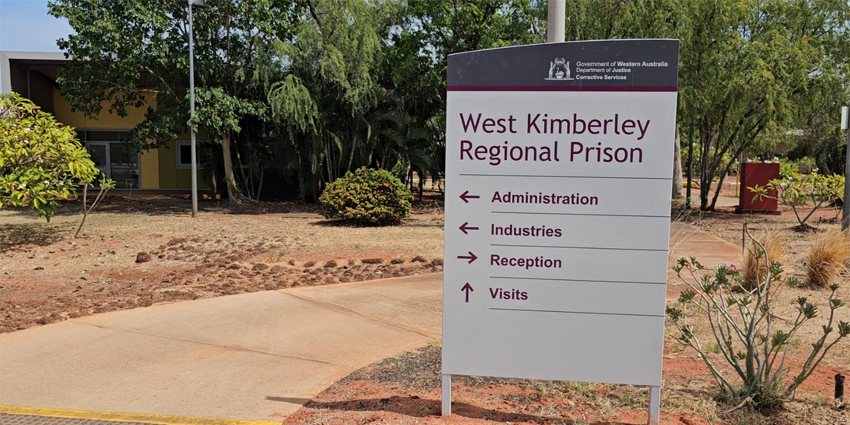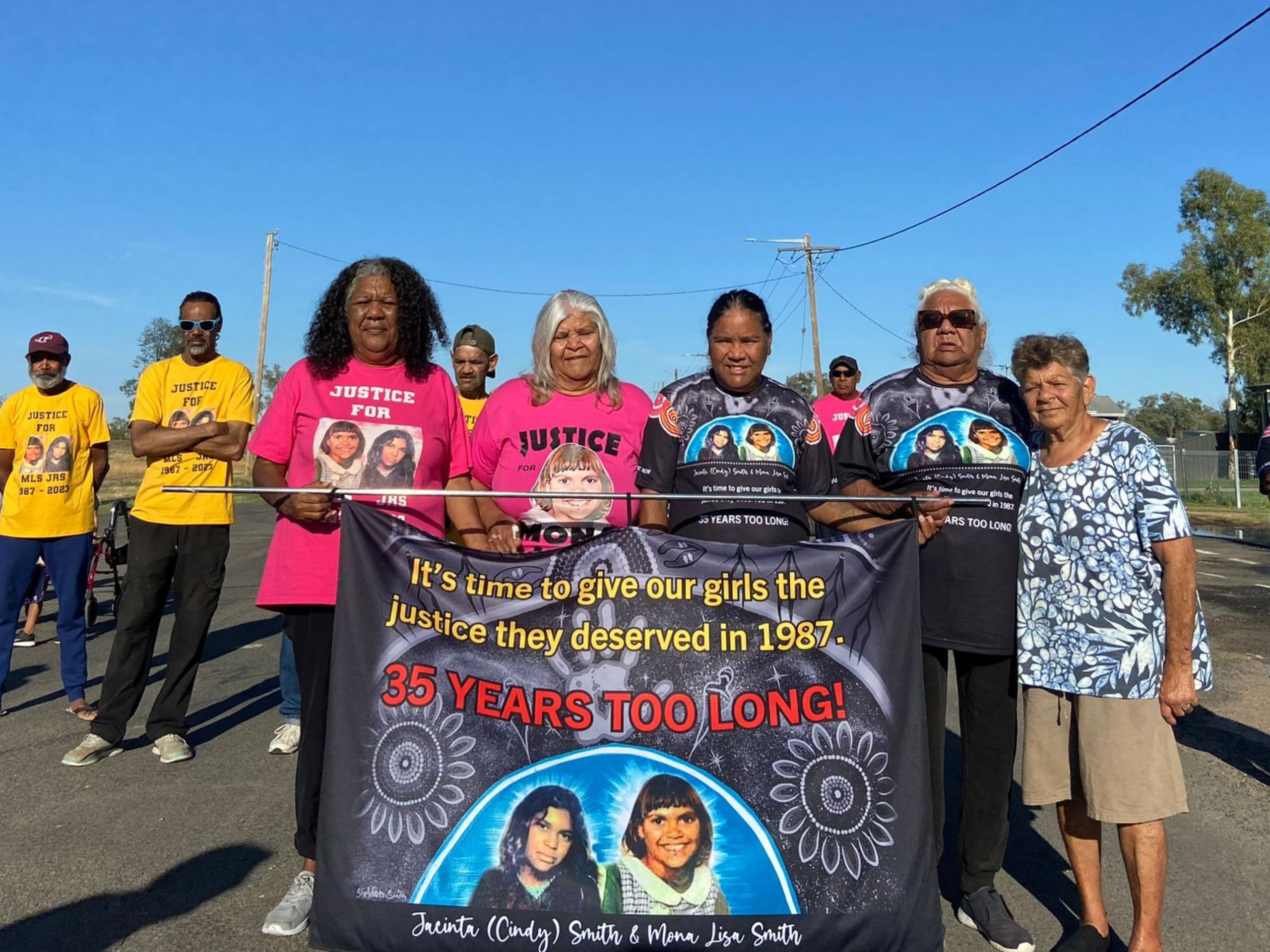Content Warning: Aboriginal and Torres Strait Islander readers are advised this story contains the image and name of a Miriuwung/Gajerrongman person who has passed away.
The WA Coroner has released her findings from the inquest into the death of Mr Yeeda, a nineteen-year-old Miriuwung and Gajerrong man who died of rheumatic heart disease (RHD) at the West Kimberley Regional Prison in 2018.
The Coroner has found that Mr Yeeda’s death was preventable if he had undergone surgery for the aortic valve replacement he needed. The Coroner examined the institutional failings leading to Mr Yeeda’s death, concluding that the WA Department of Justice, the WA Country Health Service-Kimberley, and the WA Cardiology all missed opportunities to facilitate the treatment and care of Mr Yeeda.
“We miss him every day”
Marlene Carlton, mother of Mr Yeeda, said in a statement that she misses her son every day: “He was looking forward to life. He wanted to do his time so he could come out and live with his dad on a station and work with horses.”
Ms Carlton said that her son, who was only six weeks away from being released from prison, should never have died: “There was a lack of communication between the prison and me – if anything happened to him, they should’ve called me, but they didn’t. There should be a better system to monitor their [the inmates] health, and they need people in the prison who understand Indigenous culture and health [requirements].”
Advocates representing the family of Mr Yeeda have welcomed the recommendations that WA Department of Justice facilitate greater information sharing and tracking on inmate healthcare, but they have said the recommendations do not go far enough in improving healthcare outcomes for First Nations people in prison.

Systemic failures must be addressed
George Newhouse, Principal Solicitor and Director of the National Justice Project, said that more needs to be done to ensure culturally-safe healthcare in prisons: “The Coroner has failed to address the systemic racism in WA’s justice and healthcare systems which led to Mr Yeeda’s death. Unless culturally-appropriate healthcare delivered by Aboriginal medical services is provided to prisoners, we will see more needless deaths like that of Mr Yeeda.”
“This isn’t rocket science: governments must implement the recommendations of the Royal Commission into First Nations Deaths in Custody, which identified more than 30 years ago the low levels of cultural awareness among prison medical staff, particularly in relation to heart disease.”
Professor Juanita Sherwood, Wiradjuri woman and Board member of the Congress of Aboriginal and Torres Strait Islander Nurses and Midwives (CATSINaM), said that health prison staff should have followed the Australian national guidelines for the management of RHD:
“These guidelines are easily accessible, and prison health staff should have known better, because this is a disease that we know is a big issue for Aboriginal and Torres Strait Islander communities, and that it needs to be managed well. The lack of treatment and follow-through reveal a negligent treatment of Mr Yeeda.”
A preventable disease
Mr Yeeda was a 19-year-old Miriuwung and Gajerrong man who died from complications of rheumatic heart disease at the West Kimberley Regional Prison on 3 May 2018.
Mr Yeeda was due to see a cardiologist, but the referral from the Prison Medical Officer was not progressed to booking him an appointment. If he had been seen by a cardiologist, it is likely he would have been advised that he urgently needed surgery and that without it he risked sudden cardiac death.
Rheumatic heart disease (RHD) is permanent heart damage which, if not managed properly, can cause heart failure, death and disability. Most people with RHD live in developing countries, however Australia has some of the highest rates of the disease in the world – occurring almost exclusively in Aboriginal and Torres Strait Islander communities.









